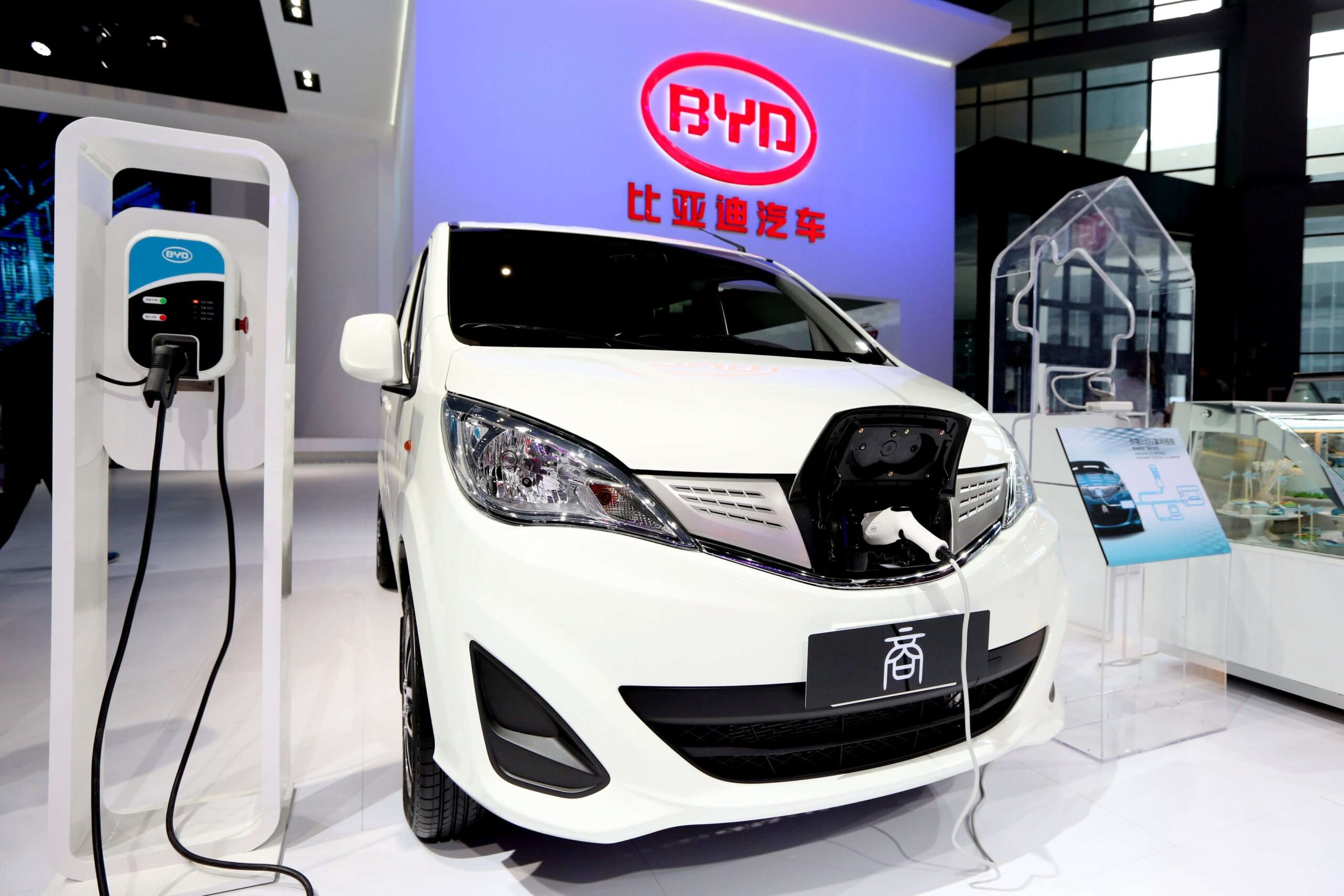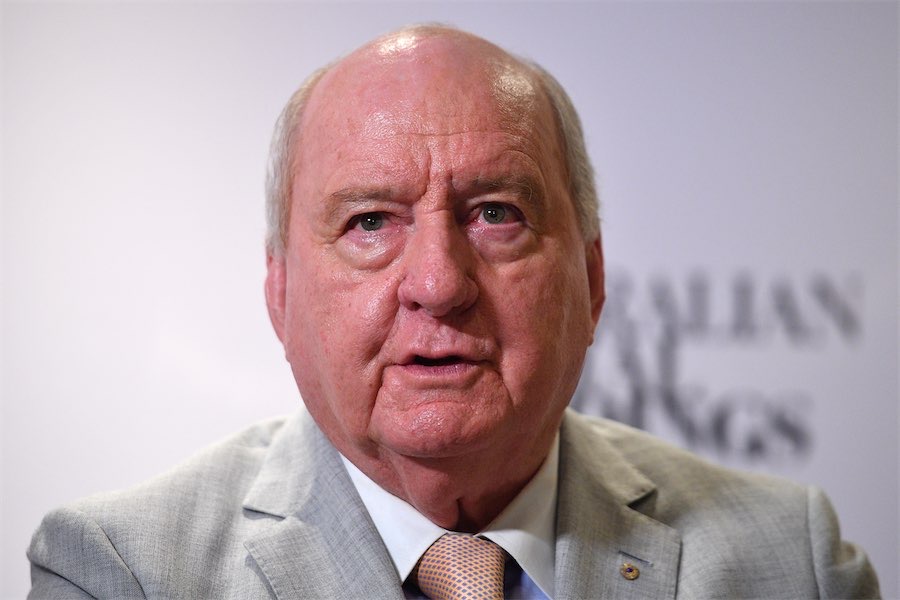
Not all drivers should or could swap their vehicles for electric models, a major auto maker has told an inquiry, because the technology is not yet suited for all Australian conditions.
Representatives from Mitsubishi issued the warning at the Transition to Electric Vehicles inquiry on Thursday, telling MPs the current generation of electric utes were “show ponies” and urging them to support hybrid models instead.
The Motor Trade Association also backed calls for more incentives on hybrid vehicle purchases, including an extension for tax concessions due to run out in April 2025.
The parliamentary inquiry, which is investigating the impacts, opportunities and changes involved in moving from fossil fuel to electric vehicles, held its final public hearing in South Australia.
While SA Power Networks executives said the company was working on ways to manage electricity demand from more EVs, Mitsubishi Motors Australia government relations manager Yarik Turianskyi told MPs that talk of a mass market transition were premature.
“We believe that Australia is not yet ready for a full EV revolution due to the current state of technology, lack of charging infrastructure, and compounded by the complexities of unique Australian Design Rules,” he said.
“The energy transition is not a sprint and, as much as we would like it to be, it is more a marathon.”
The Japanese brand did support efforts to cut transport emissions, Mr Turianskyi said, but did not consider current electric vehicle or battery technology up to the task of creating a ute suitable for the demands of Australian farmers or tradespeople.
“We have examples of utes out there that are (plug-in hybrid) or electric and the reality is they’re great show ponies, they look good, they cost a lot of money … they couldn’t use them as workhorses,” he said.
“These are the vehicles that keep the wheels of Australia turning and the current technology … is not where it should be yet.”
The federal government should instead create financial incentives to support hybrid and hybrid plug-in vehicle purchases, he said, as part of a more practical transition.
Hybrid vehicles were increasing in popularity, Motor Trades Association media general manager Kaes Cillessen said, and could be part of a smoother transition from fossil fuel to electric vehicles for people in rural and regional areas.
“Full battery electric utes are not currently – and I believe one day they will be – but they are not currently fit for purpose,” he said.
The ability to switch between petrol and battery power in plug-in hybrid utes, like the forthcoming BYD Shark, Mr Cillessen said, could help to allay range anxiety for some buyers.
The federal government should extend its fringe benefits tax concessions on plug-in hybrid vehicles to support their purchase, he said, before the allowance ends in April 2025.
Several electric utes are planned for launch in Australia, from companies including Kia, Isuzu and JAC, though only the LDV eT60 and modified versions of the Ford F-150 Lightning from AUSEV are currently for sale.
Who can be trusted?
In a world of spin and confusion, there’s never been a more important time to support independent journalism in Canberra.
If you trust our work online and want to enforce the power of independent voices, I invite you to make a small contribution.
Every dollar of support is invested back into our journalism to help keep citynews.com.au strong and free.
Thank you,
Ian Meikle, editor





Leave a Reply